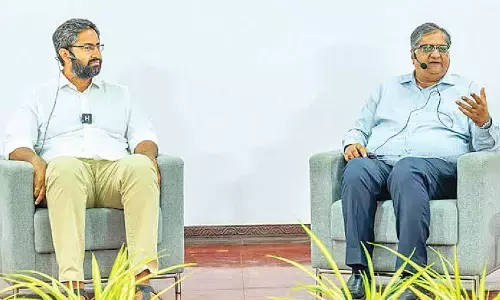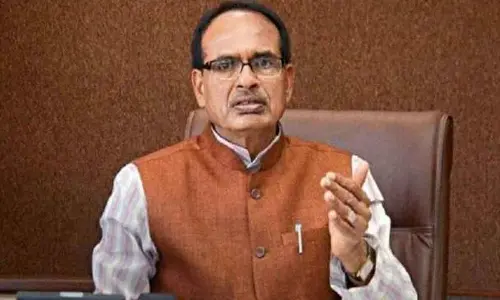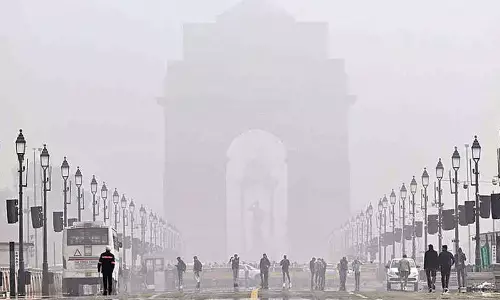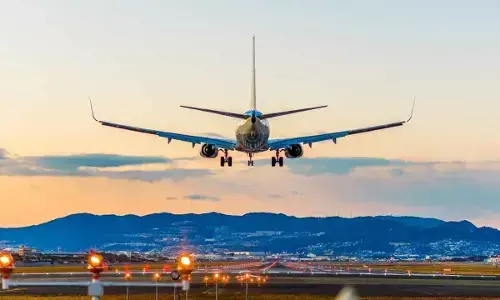Quad leaders promise 'free and open' Indo-Pacific region

Australian PM Scott Morrison, Indian PM Narendra Modi, USA President Joe Biden and Japan PM Yoshihide Suga at the Quad summit
Prime Minister Narendra Modi, Australian PM Scott Morrison, Japanese PM Yoshihide Suga and US President Joe Biden, after their first in-person Quad summit on Friday, described it as an opportunity to refocus themselves and the world on the Indo-Pacific and on the vision for what they hope to achieve.
Washington: Prime Minister Narendra Modi, Australian PM Scott Morrison, Japanese PM Yoshihide Suga and US President Joe Biden, after their first in-person Quad summit on Friday, described it as an opportunity to refocus themselves and the world on the Indo-Pacific and on the vision for what they hope to achieve.
"Together, we recommit to promoting the free, open, rules-based order, rooted in international law and undaunted by coercion, to bolster security and prosperity in the Indo-Pacific and beyond," the Quad leaders said in a joint statement.
"We stand for the rule of law, freedom of navigation and overflight, peaceful resolution of disputes, democratic values and territorial integrity of states. We commit to work together and with a range of partners," the joint statement said. The Quad leaders reaffirmed their strong support for ASEAN's unity and centrality and for ASEAN's outlook on the Indo-Pacific. "We underscore our dedication towards working with ASEAN and its member states — the heart of the Indo-Pacific region — in practical and inclusive ways. We also welcome the September 2021 EU Strategy for Cooperation in the Indo-Pacific," they said.
"On this historic occasion, we recommit to our partnership and to a region that is a bedrock of our shared security and prosperity — a free and open Indo-Pacific, which is also inclusive and resilient," the Quad leaders said. They also denounced the use of "terrorist proxies" in South Asia, in a veiled reference to Pakistan, as they emphasised the importance of denying any support to terrorist groups which could be used to launch or plan terror attacks, including cross-border attacks.
"We denounce the use of terrorist proxies and emphasised the importance of denying any logistical, financial or military support to terrorist groups which could be used to launch or plan terror attacks, including cross-border attacks," the joint statement said. The joint statement also said they will closely coordinate their diplomatic, economic and human rights policies towards Afghanistan and deepen their counter-terrorism and humanitarian cooperation in South Asia. The Quad leaders reaffirmed that the Afghan territory should not be used to threaten or attack any country or to shelter or train terrorists or to plan or to finance terrorist acts. They also reiterated the importance of combating terrorism in Afghanistan. "We stand together in support of Afghan nationals and call on the Taliban to provide safe passage to any person wishing to leave Afghanistan and to ensure that the human rights of all Afghans, including women, children, and minorities are respected," the joint statement said. The Quad leaders noted that since March, the Covid-19 pandemic has caused continued global suffering; the climate crisis has accelerated and regional security has become ever-more complex, "testing all of our countries individually and together. Our cooperation, however, remains unflinching."



















